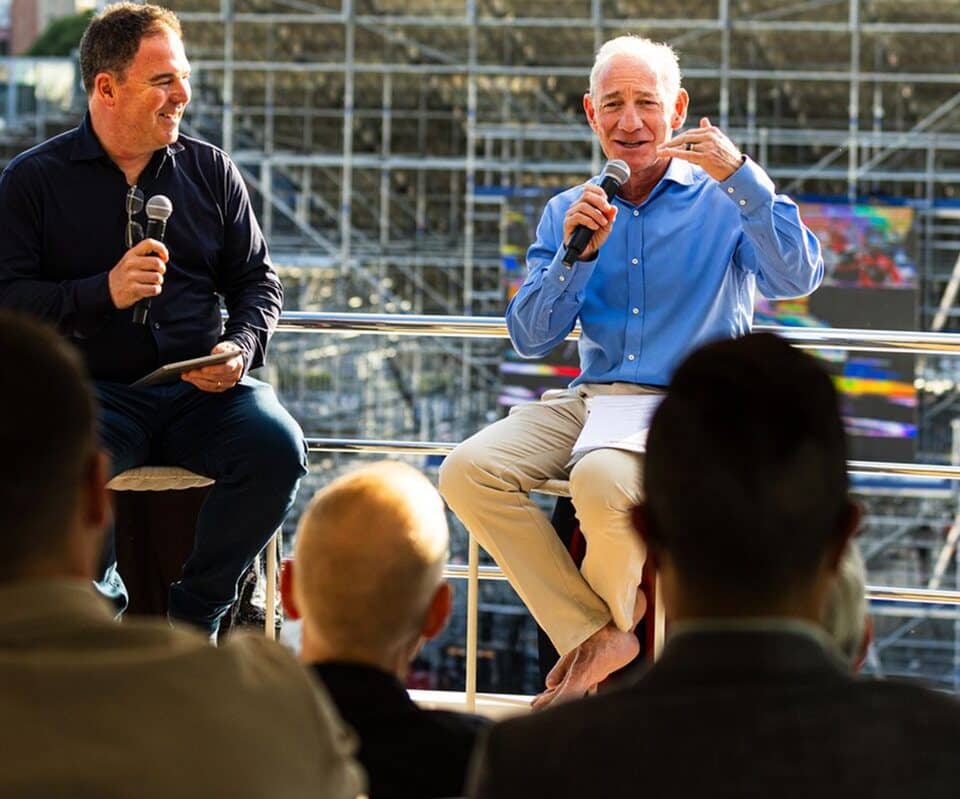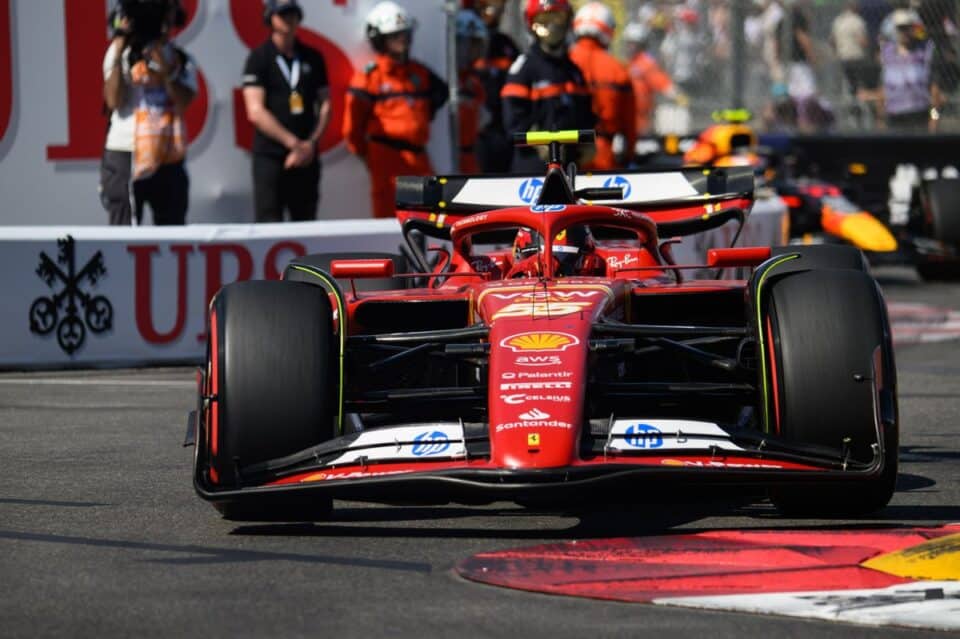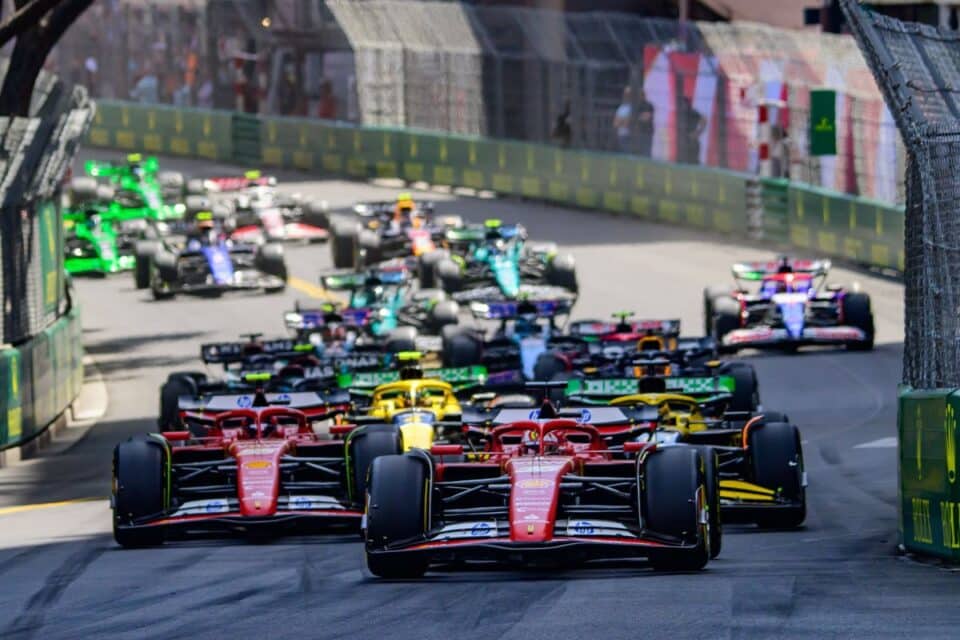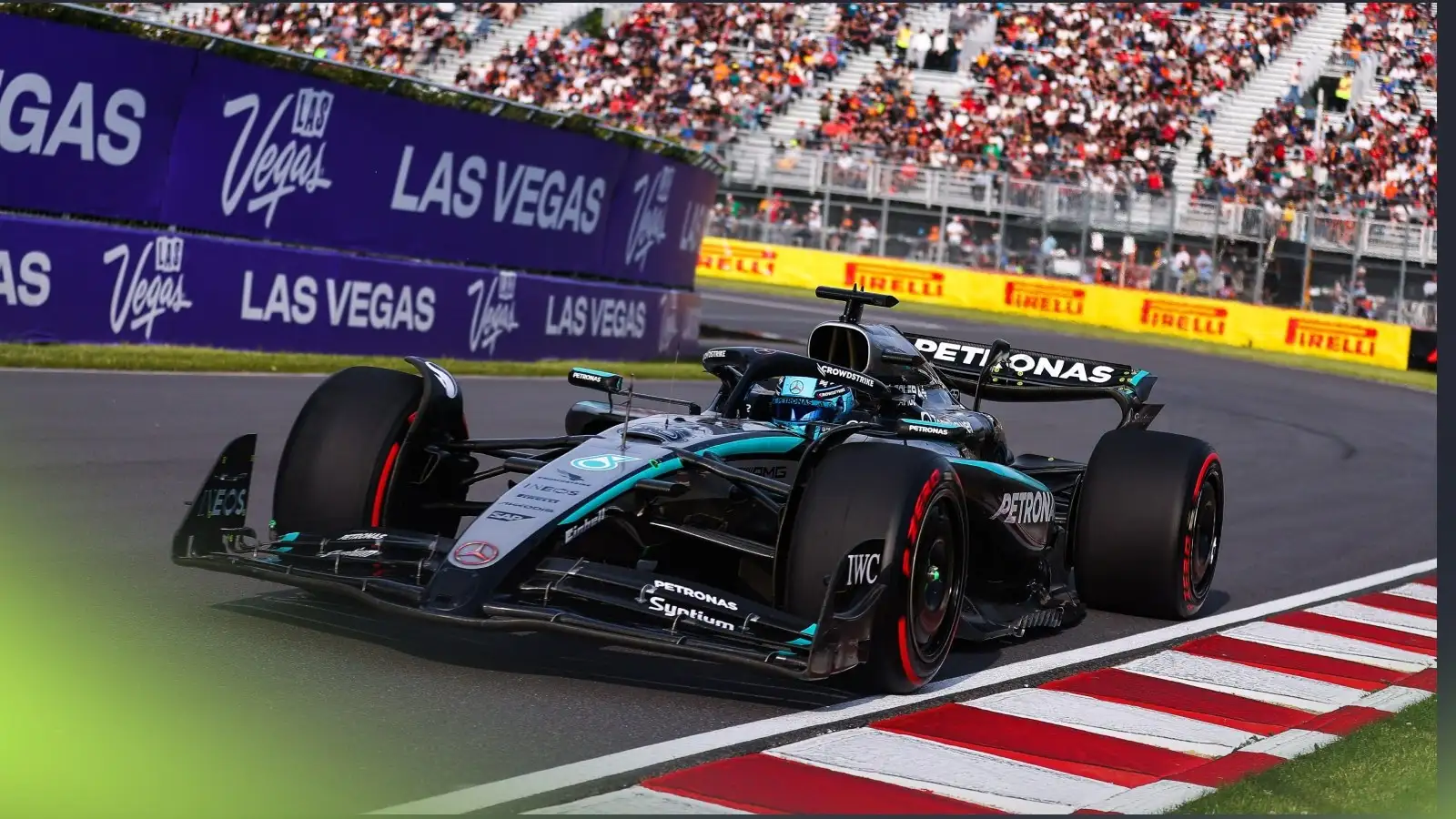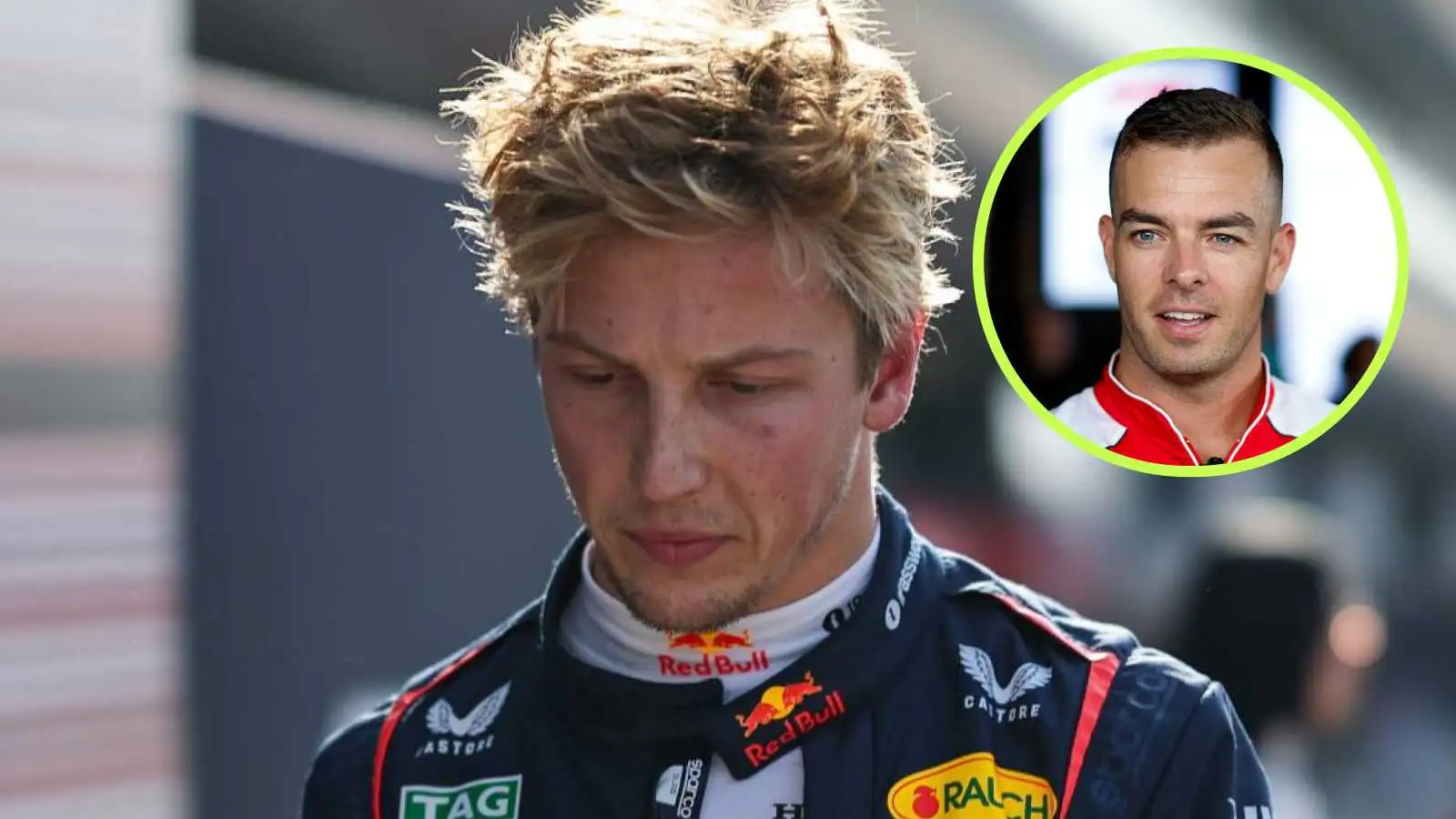Formula 1 is gearing up for the next Concorde Agreement, set to govern the sport from 2026 to 2030, and it’s making clear there will be no repeat of Bernie Ecclestone’s ‘divide-and-conquer’ tactics.
F1’s top brass is laying the groundwork for the new Concorde Agreement, the crucial document that will define the sport’s operations. The negotiations have historically been tense, with teams scrambling for better commercial rights and more. Under Bernie Ecclestone, the go-to strategy was to pit teams against each other, weakening their negotiating power. Extra secret bonuses were one of the ways he managed to dissolve the Formula One Teams’ Association over a decade ago.
Greg Maffei, CEO of Liberty Media, which owns F1, has stated they won’t use such tactics this time. Despite expecting tough negotiations, Maffei stressed a collaborative approach. Speaking at an F1 in Depth event in Monaco, co-hosted by Autosport Business, he explained, ‘The prior regime really did put a lot of time in having the teams compete against each other. In many cases, they enjoyed just getting an edge on each other, rather than thinking about how to grow the sport.’
Maffei highlighted their new philosophy, likening it to the NFL in the United States: ‘Compete hard on Sunday, but on Monday, league first. We really want to grow the sport together.’ He noted that teams have not only seen growth in F1 revenues and profits but also in the overall value of the teams themselves.
When Liberty Media got involved in F1 in late 2016, the financial health of many teams was dire. Maffei recalled, ‘Manor had been sold for one pound the prior summer. And now there isn’t a team that’s worth less than a billion dollars, maybe more, and they raise money at those numbers.’
F1’s commercial boom and the positive impact of the cost cap have strengthened the grid. However, Maffei is realistic about the forthcoming discussions: ‘There are surely issues we’re going to fight over. [And] what a surprise: they would like to make more money. I don’t begrudge them that. I suspect some of that, they wish, might come out of our pocket. But in general, they appreciate we’ve tried to take the long view, and we try to take the view that we should all profit together.’
One point of contention remains the extra historic bonus that Ferrari receives. Although it will continue, it will be capped—a decision that hasn’t thrilled the Italian team. Yet, Maffei remains optimistic that the collective approach will ultimately benefit everyone involved.
As F1 approaches the new Concorde Agreement, a unified front is the goal. While challenges are anticipated, the focus is on shared growth and mutual success, moving away from the divisive strategies of the past.
Source: Motorsport
